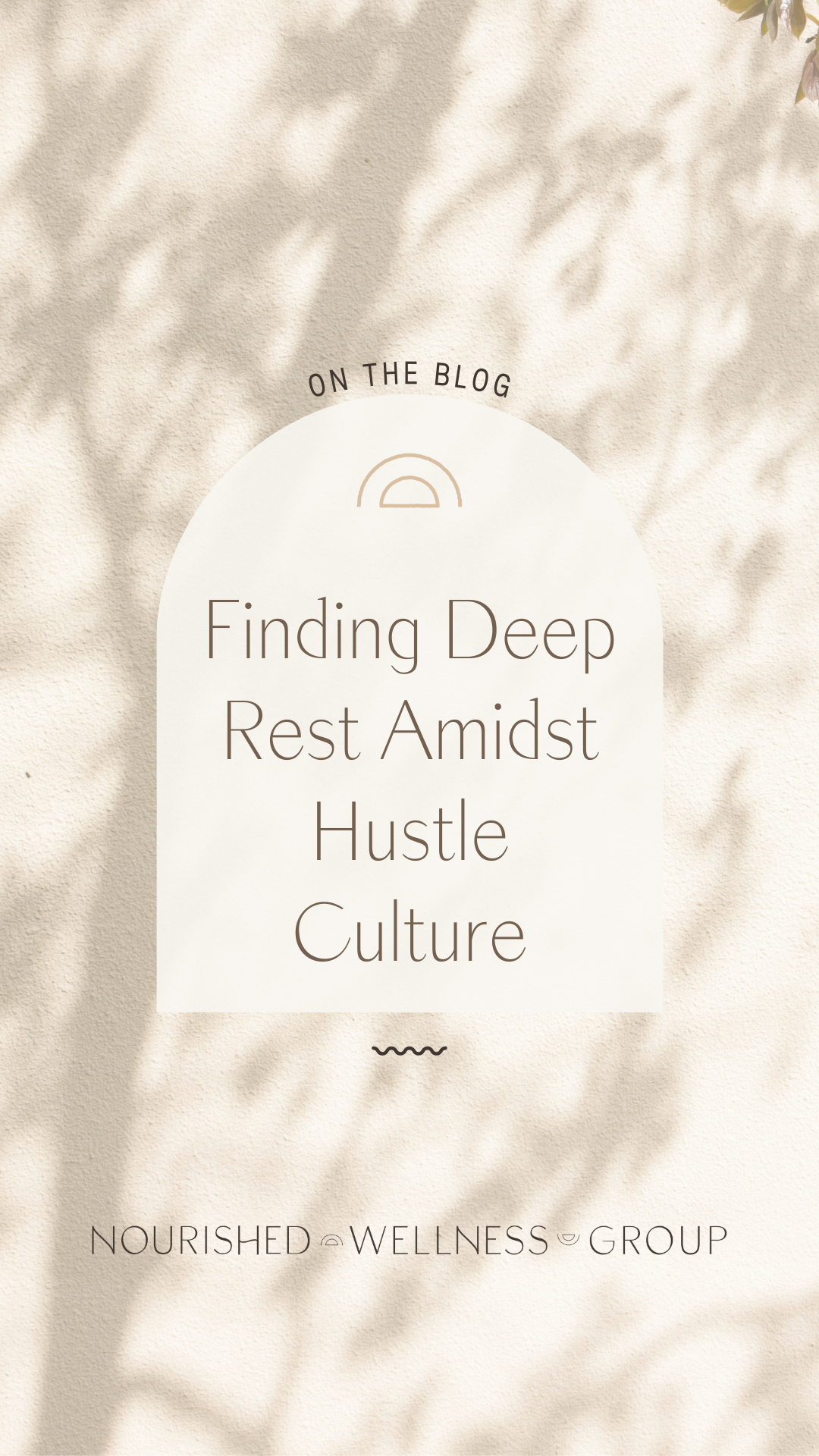6 Ways to Stop Overthinking
“The more you overthink the less you
will understand.” ― Habeeb Akande
Overthinking is a complex phenomenon that plagues the minds of many individuals. It is a mental process characterized by overanalyzing events, situations, or decisions, often leading to excessive worry and anxiety. Although everyone may experience occasional moments of overthinking, some individuals tend to be more prone to this cognitive pattern.
But why do we overthink? What drives our minds into a perpetual loop of analysis and worry? Let’s explore…
1. Fear of Failure
One prominent reason for overthinking is the fear of failure. Many people want to ensure they make the right choices and avoid any mistakes or negative consequences. This fear can lead to a heightened need for control, making individuals obsessively analyze every possible outcome or scenario. The pressure to achieve perfection can be paralyzing and often leads to overthinking.
2. Lack of Self-Confidence
A lack of self-confidence can also contribute to overthinking. When individuals doubt their abilities or perceived worth, they may constantly seek validation or reassurance. These doubts manifest as overthinking, as they endlessly question their decisions and actions, fearing potential criticism or rejection. The need for external approval becomes a driving force behind the incessant analysis.
3. Desire for Security and Certainty
Human beings have an inherent desire for security and certainty. Overthinking can act as a coping mechanism to alleviate the discomfort that arises from ambiguity and the unknown. By mentally dissecting situations, individuals hope to gain a sense of control and predictability. This desire for security can become an unhealthy habit, leading to overthinking even in situations where it is unnecessary.
4. Perfectionism
Perfectionism often goes hand in hand with overthinking. Striving for flawlessness and constantly pushing oneself to meet impossibly high standards can be exhausting. Perfectionists tend to ruminate over past mistakes and worry about future ones, trapped in a cycle of self-judgment. The fear of not meeting their own sky-high expectations can drive overthinking as they search for the "perfect" solution or outcome.
5. Sensitivity to Criticism
Some individuals are more sensitive to criticism than others, and the fear of judgment can be a catalyst for overthinking. They may be hypersensitive to any perceived negative feedback or rejection, causing them to replay conversations or events over and over in their minds. This over-analysis stems from the desire to avoid criticism or conflict, but it often leads to increased anxiety and self-doubt instead.
6. Lack of Distraction and Mindfulness
In today's fast-paced world, constant stimulation and distractions can prevent individuals from being present and practicing mindfulness. Overthinking can arise when there is an absence of healthy distractions or when individuals do not engage in mindfulness techniques. A cluttered mind can easily get caught up in overthinking as it lacks the necessary tools to quiet the constant stream of thoughts.
While these are some common reasons for overthinking, it is essential to acknowledge that each individual's experience may vary. Overthinking is a complex interplay of personal traits, experiences, and external factors. It is important to cultivate self-awareness and develop strategies to manage and alleviate overthinking patterns. Through self-compassion, mindfulness, and seeking support when needed, individuals can break free from the grip of overthinking and embrace a more balanced and peaceful state of mind.
Now, what do we do about it? Here are 6 strategies to help you break free from overthinking spirals:
1. Engage in a Focused Activity
When your brain engages in a focused activity, it forces you to become fully present on what is happening in the now, which limits the space for rumination. This could be anything from reading a book to doing a puzzle or even cleaning your house. The key is to find an activity that requires your full attention, so you don't have the mental space to overthink.
2. Set a “Thinking Timer”
Sometimes our brain just wants to think, with the intention of finding a solution or avoiding a feeling. It is okay to think; however, when it feels like a rabbit hole, it's time to set a timer. When the time goes off, move on to something else. This technique can help you manage your thought process and prevent it from spiraling out of control.
3. Engage in Your 5 Senses
When we are in an overthinking spiral, we are activating the monkey mind, jumping from thought to thought. One way to shift away from this is to engage in your senses. Grab some ice. Smell a flower. Engage in soothing self-touch. Talk with a friend. Eat a yummy treat. By engaging your senses, you can bring your focus back to the present moment and away from your overthinking.
4. Write It Out
The brain can go around and around endlessly. Instead, grab a piece of paper and write out everything that is going through your mind. Read it through and then make an intentional effort to let it go. You can drop the paper in water or tear it up. This simple act can be incredibly therapeutic and help you to release the negative thoughts that are occupying your mind.
5. Move Your Body
We all know movement is good for the mind and the body. When we engage in exercise or intentional movement, we are working to move and release the energy that is tied to the big emotions we are feeling. Go for a brisk walk, do 10 squats or just make circles with your arms. Physical activity can help to clear your mind and reduce feelings of anxiety.
6. Practice Self-Compassion
Recite after me, “It makes sense why I am down the rabbit hole with this specific experience. I am trying to work my way through the feelings that are attached. I can choose to do something different when it feels right and safe for me to do so. I am human after all.” Practicing self-compassion can help you to accept your feelings and thoughts without judgment, which is a crucial step towards overcoming overthinking.
These six steps, provided by Dr. Kelly Vincent, can help you stop the cycle of overthinking and start to enjoy more peace of mind. Remember, it's okay to overthink sometimes, but when it becomes a habit that is causing stress or anxiety, it's time to take steps to break the cycle. If it becomes too overwhelming or interfering with your ability to function, please reach out and seek support.
About me;
I’m Dr. Kelly Vincent! I’m a Licensed Clinical Psychologist and owner of Nourished Wellness Group, a holistic group mental health practice. I’m passionate about supporting women who are struggling with anxiety, trauma, self-esteem and stress. When it comes to my clinical work, my sweet spot often includes working with mamas, female entrepreneurs, 20-somethings, and female C-levels. I’m also a certified gentle and restorative yoga teacher, author of True You: A Self-Discovery Journal, and mama to two wild spirited boys.
Pin This Post!
Related Posts
If this post was helpful, you might also like these…










